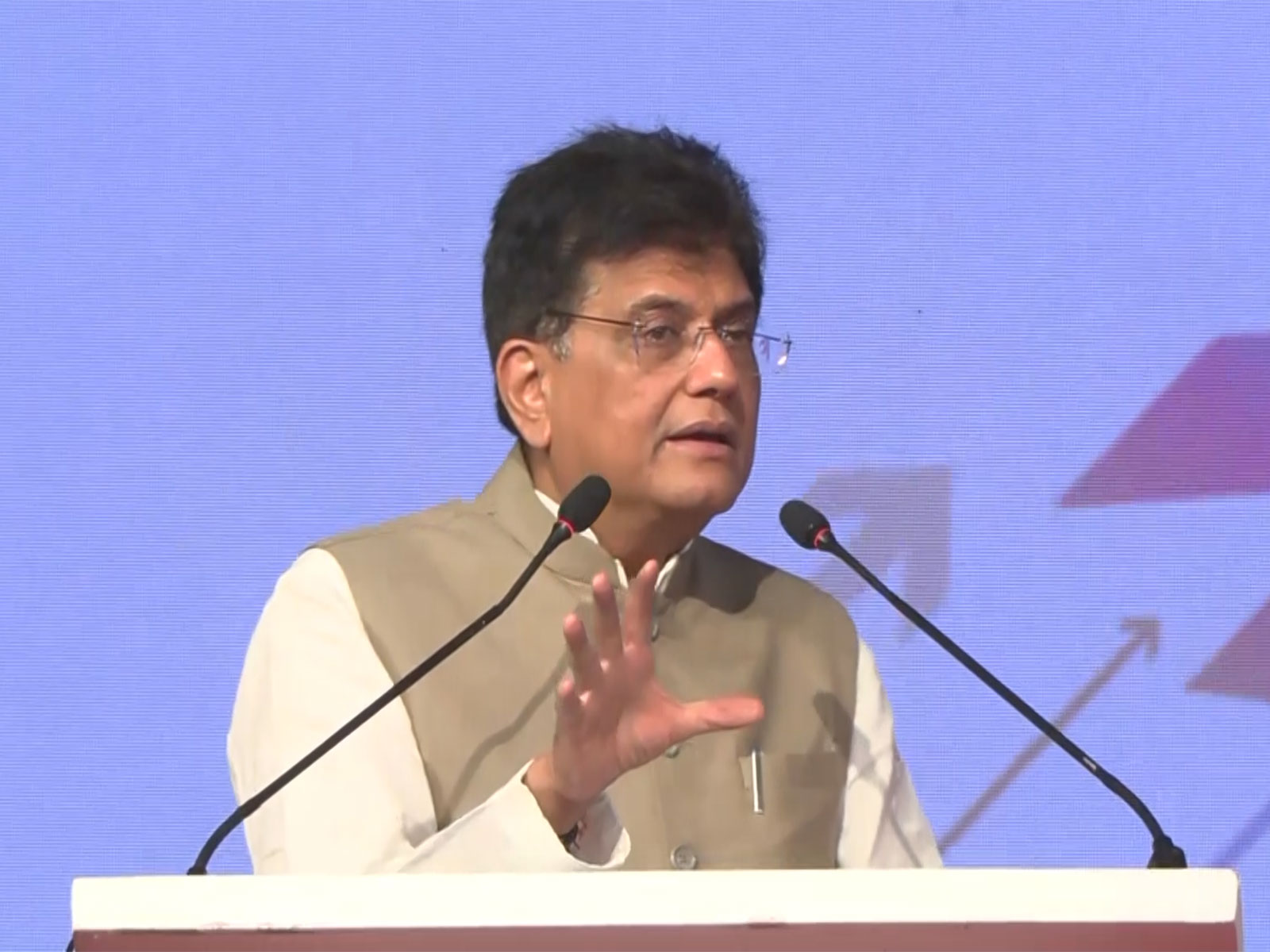India-EFTA TEPA: A New Era of Trade Relations
The India-EFTA Trade and Economic Partnership Agreement (TEPA) marks a significant milestone by enhancing trade relations among India and EFTA states. With a combined GDP of USD 5.4 trillion, the agreement aims to boost investments, create jobs, and strengthen global supply chains through enhanced cooperation and market access.

- Country:
- India
The landmark Trade and Economic Partnership Agreement (TEPA) between India and the EFTA countries, namely Iceland, Liechtenstein, Norway, and Switzerland, officially came into force on Wednesday. This historic agreement is expected to significantly elevate the trade and economic relations between the parties involved.
The Ministry of Commerce & Industry highlighted India's rapid economic growth, noting its trajectory to become the world's third-largest economy. Collectively, the EFTA States rank highly in global merchandise and services trade. The combined GDP of India and the EFTA States stands at approximately USD 5.4 trillion, offering an opportunity for deeper economic integration.
The Prosperity Summit in New Delhi marked the occasion, with high-ranking officials including Union Commerce and Industry Minister Piyush Goyal and officials from each EFTA member state in attendance. The event also featured business representatives keen on forging new partnerships and enhancing existing collaborations.
Through the TEPA, India and the EFTA countries aim to create a pathway to an investment of USD 100 billion in India over the next fifteen years, supporting one million new jobs. The agreement strives for balanced outcomes by boosting trade, aiding in co-production in precision manufacturing, and promoting clean technologies.
The TEPA promises extensive benefits through enhanced market access, simplified customs procedures, and improved supply chain integration. As trade in goods rises and services trade doubles over a decade, both parties are committed to substantially increasing the two-way trade. Signed on March 10, 2024, in New Delhi, this partnership seeks to build resilient and reliable global supply chains.
(With inputs from agencies.)
ALSO READ
India-EFTA Trade Pact to Bring $250 Billion Wave of Investments
Youth Protest Erupts in Morocco Over Social Services Amidst World Cup Investments
Roche Pharma's Major Investment in India: A New Chapter in EFTA Trade Relations
India-EFTA Trade Boost: A New Era of Economic Partnership
Haryana's Global Investment Surge: CM Saini Leads Delegation to Japan










